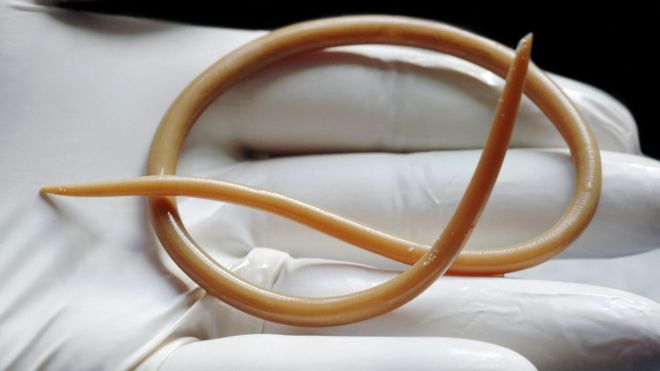The Tsimane women in Bolivia are believed to be the most fertile in the world with an average family size of nine to ten children in their lifetimes. Some women of the community are even more fertile than others.
Researchers from the University of California at Santa Barbara collected information of 986 indigenous women in Bolivia and found about seventy percent of the population are infected by a parasitic worm.
Details of the study are published in the latest issue of Science journal. It suggests the worm is altering their immune systems and this is further helping them in becoming pregnant faster and easier.
It is said those who are infected with roundworm has up to twelve children and others who are infected with hookworm has up to seven children.
Lead author of the study, Aaron Blackwell, said the roundworm infection is linked with earlier first births as well as it shortens the inter-birth intervals where as the hookworm infection is associated with delayed first births and extended inter-birth intervals.
Findings also add that up to one-third of people across the world live with such parasitic worm infections.
Professor Blackwell added the infections probably alter the immune systems of women to become more or less friendly towards pregnancy.
However, he warned further research is to be done before recommending anything related to anyone.
Roundworms infections are common and it causes fever, shortness of breath, anaemia and also leads to fatal complications in some cases.


















